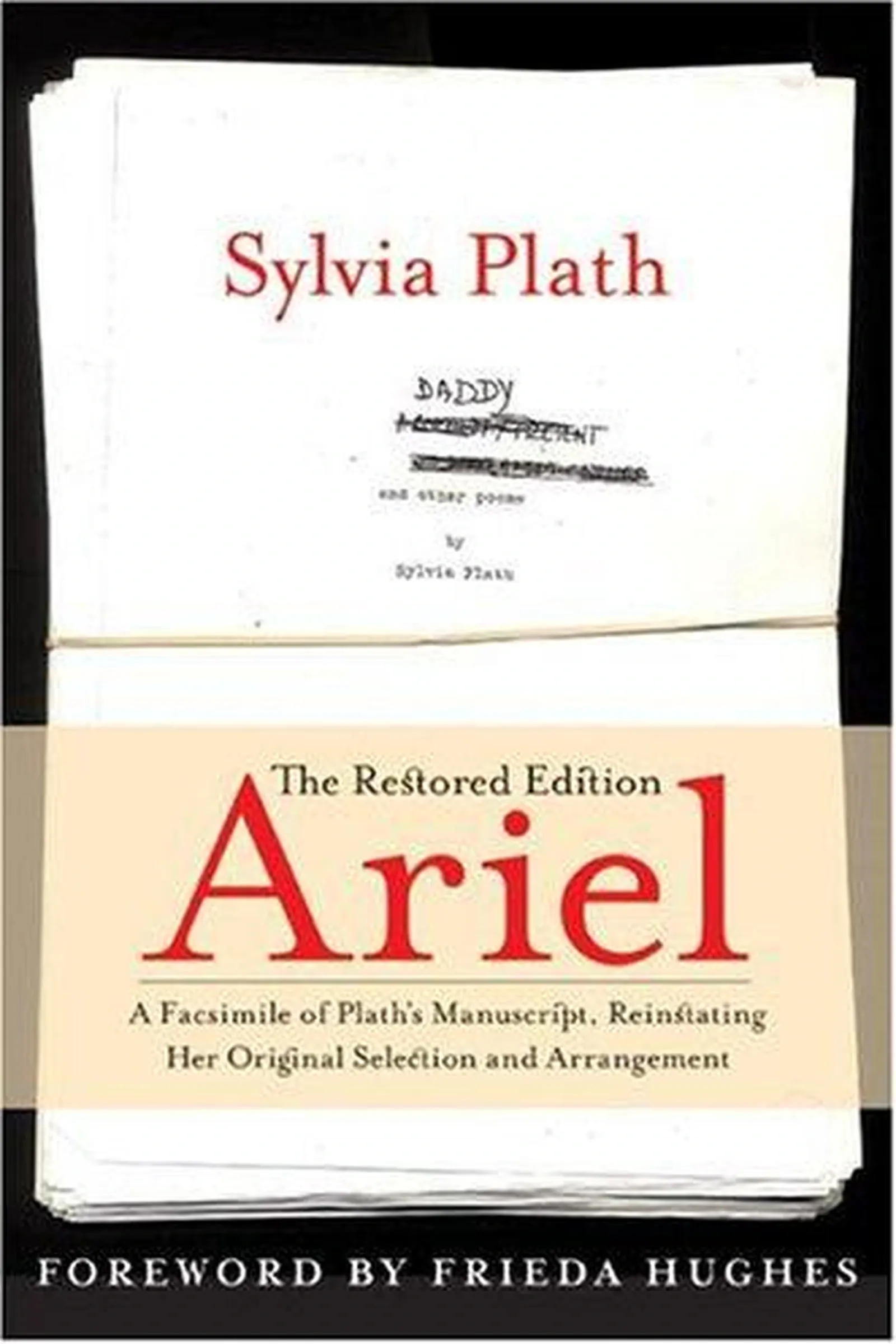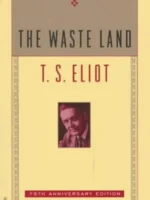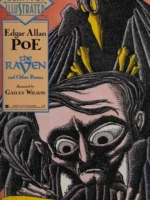Ariel, Sylvia Plath, 1965
- Author: Sylvia Plath
- Genre: Poetry
- Publisher: Faber and Faber
- Publication Year: 1965
- Pages: 96
- Format: Paperback
- Language: English
- ISBN: 978-0060936631
- Rating: 4,2 ★★★★☆
Ariel Review
About
Published posthumously in 1965, Sylvia Plath’s Ariel is an explosion of raw emotion and artistic control—a sequence of poems that confronts identity, womanhood, and death with luminous fury. Written in the final months of her life, it is both deeply personal and mythic, transforming pain into music. Plath’s precision and intensity make Ariel not just a collection of poems but a reckoning with selfhood and survival through art.
Overview
Ariel charts an inward journey, from despair to a kind of transcendence. The title poem—a galloping, hallucinatory ride—sets the tone for the transformation of fear into freedom. Plath’s voice shifts between intimate confession and archetypal drama, blending motherhood, creativity, and mortality. The language is electric, full of color and velocity, driven by a need to capture life in its most volatile form.
Summary
(light spoilers) The early poems in Ariel dwell on domestic tension, identity, and loss of control. As the collection progresses, the speaker begins to shed the layers of expectation—wife, mother, victim—and reclaim her own agency through language. “Lady Lazarus” becomes a declaration of defiance; “Daddy” a terrifying exorcism of patriarchal power. Yet by the end, in poems like “Edge,” the tone shifts toward stillness—a fierce calm beyond pain. Ariel is both a descent and an ascent: the poet burns, but she also illuminates.
Key Themes / Main Ideas
• Rebirth through destruction — death as transformation.
• Voice and autonomy — the self reclaiming its narrative.
• Feminine rage — art as rebellion against silence.
• Duality — beauty intertwined with horror.
• Language as survival — words turning trauma into control.
Strengths and Weaknesses
• Strengths — Vivid, fearless, and emotionally electric.
• Strengths — Combines lyrical precision with psychological depth.
• Weaknesses — Its intensity can be overwhelming; context deepens appreciation.
• Weaknesses — Some poems feel almost too intimate to interpret—but that’s their power.
Reviewed with focus on themes, audience, and takeaways — Sylvia Plath
| pa_author | Sylvia Plath |
|---|---|
| ISBN | 978-4-618-32093-9 |
| pa_year | 1985 |
| Pages | 459 |
| Language | English |







